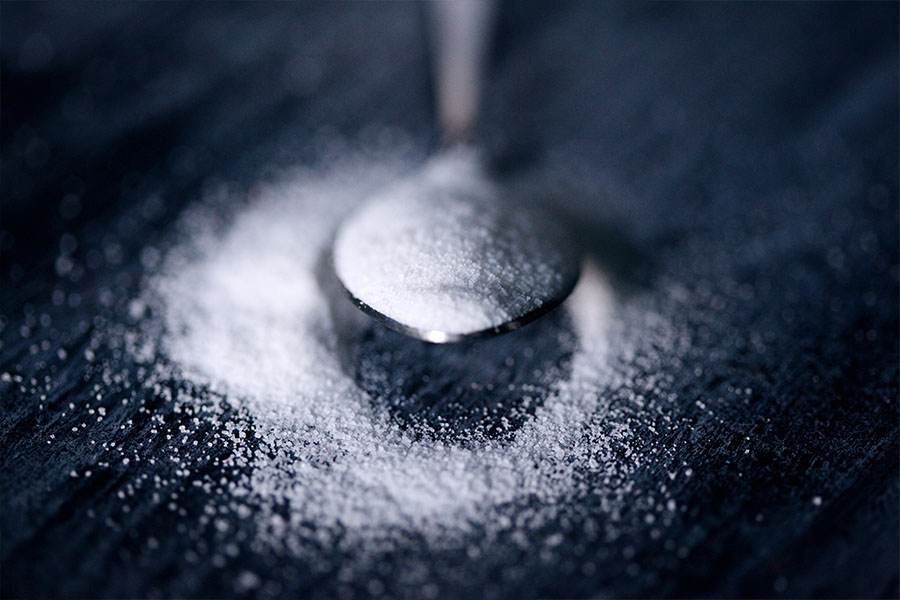
Most people understand now that too much sugar can have negative effects on your body. But what most people don’t realise is that sugar is everywhere. Masquerading under different names like agave nectar, palm sugar, corn syrup and more. While we’re only supposed to get 200 calories from sugar (12 teaspoons) a day, many people end up getting much more because sugar ends up in foods you wouldn’t expect. Sweet treats are obvious, but dairy and even bread can contain significant amounts of sugar.
How to Spot Sugar
With the increased public concern over excess sugar consumption, many manufacturers have started obscuring the presence of sugar by using other names or sources of sweetener.
Sugar Science advises that sugar can be spotted under the following pseudonyms: Agave nectar, Barbados sugar, Barley malt, Barley malt syrup, Beet sugar, Brown sugar, Buttered syrup, Cane juice, Cane juice crystals, Cane sugar, Caramel, Carob syrup, Castor sugar, Coconut palm sugar, Coconut sugar, Confectioner's sugar, Corn sweetener, Corn syrup, Corn syrup solids, Date sugar, Dehydrated cane juice, Demerara sugar, Dextrin, Dextrose, Evaporated cane juice, Free-flowing brown sugars, Fructose, Fruit juice, Fruit juice concentrate, Glucose, Glucose solids, Golden sugar, Golden syrup, Grape sugar, HFCS (High-Fructose Corn Syrup), Honey, Icing sugar, Invert sugar, Malt syrup, Maltodextrin, Maltol, Maltose, Mannose, Maple syrup, Molasses, Muscovado, Palm sugar, Panocha, Powdered sugar, Raw sugar, Refiner's syrup, Rice syrup, Saccharose, Sorghum Syrup, Sucrose, Sugar (granulated), Sweet Sorghum, Syrup, Treacle, Turbinado sugar and Yellow sugar.
This concerning number of misleading names means that it’s very hard to tell from the ingredient list if your foodstuff contains sugar. The best way to tell is to check the nutrition facts. A low amount of sugars is anything below 5g per 100 grams and high is anything above 22.5g per 100g.
But consider if the item you are buying should have sugars at all, like bread. There may be another brand on offer which doesn’t contain much if any sugar. So, it’s important to shop around.
How Too Much Sugar Impacts You
We all know that too much sugar can make you put on weight and cause you to crash later in the day. We know that it can contribute to cavities too. But a lot of people aren’t aware that sugar can increase joint pain and the chance of rheumatoid arthritis.
It can also damage the collagen and elastin of your skin, speeding up ageing. It can also impact your heart too by thickening your arteries. Men can find their erections compromised by too much sugar consumption.
However, the most concerning effect of sugar on your body is likely the damage caused to the liver, kidneys and pancreas. When these functions are damaged, it's likely one will develop Type 2 Diabetes, kidney failure or liver disease. These conditions cause lifelong struggles and should be avoided if at all possible by properly monitoring your sugar intake. There are many ways to track your sugar consumption with apps and meal planning tools that may make it easier for you to manage.
Read more stories from the Audley Club health, fitness and wellbeing team.


































